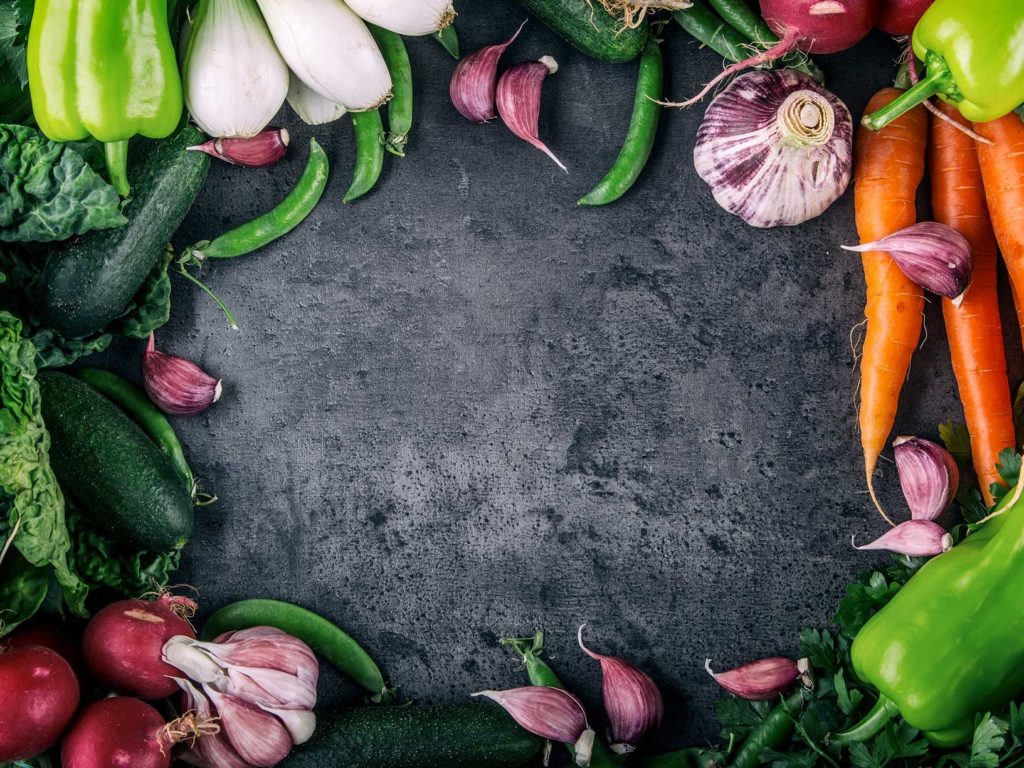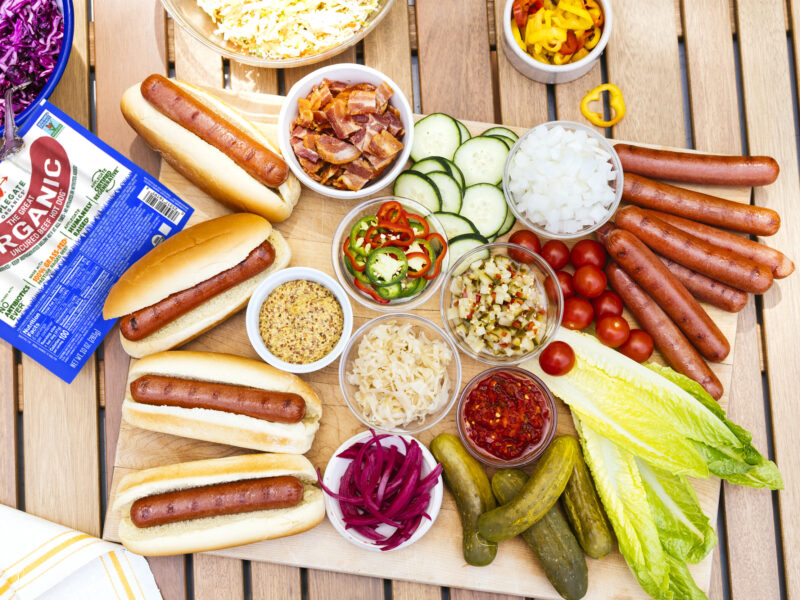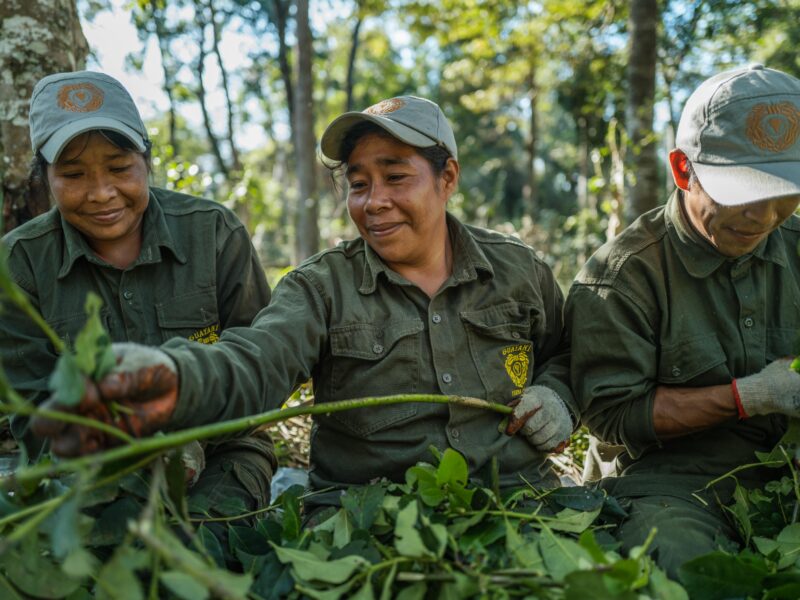Consumers demand for organic continues to shine in the news. This week, Anheuser-Busch announced that the country’s largest brewery is introducing a new beer: Michelob Ultra Pure Gold, billed as the brewery’s first light beer made with organic grains. In a new report published Thursday, researchers with the Center for Biological Diversity warned that the expanded use of dicamba, which is projected to increase nearly 100-fold on cotton and soybean fields, will put more than 60 million acres of monarch habitat at risk by 2019. The EU’s GMO regulator ignored human health warnings over a Monsanto insecticidal corn. Also in the EU, analysis from scientific risk assessors found neonicotinoids pose a serious danger to all bees, making total field bans highly likely. National poll results released this week confirm that farmers across the country believe the merger of Bayer and Monsanto will be bad for farming and farm communities. And Ohio Attorney General Mike DeWine sued agricultural giant Monsanto on Monday, alleging the company concealed dangers posed by a toxic chemical compound it manufactured for nearly half a century.
Organic Grains Take Center Stage in Anheuser-Busch’s Latest Light Beer
Anheuser-Busch announced today that the country’s largest brewery is introducing a new addition to its popular Michelob Ultra line of beers, Michelob Ultra Pure Gold—billed as the brewery’s first light beer to be made with organic grains.
Surrounded by Big Agriculture, Ron Rosmann Innovates and Inspires
Long focused on animal welfare and diverse rotations, this veteran Iowa farmer stands out for his commitment to stewarding the land and teaching others.
Dicamba Drift Could Put 60 Million Acres of Monarch Habitat at Risk
In a new report published Thursday, researchers with the Center for Biological Diversity warn that the expanded use of dicamba, which is projected to increase by nearly 100-fold on cotton and soybean fields, will put more than 60 million acres of monarch habitat at risk by 2019.
ReThink NYC Transforms Five-Star Food Waste into Meals for the Hungry
The new nonprofit collects surplus food from high-end restaurants and delivers it to missions and soup kitchens in New York City.
EU’s GMO Regulator Ignored Human Health Warnings Over a Monsanto Insecticidal Corn
A Monsanto genetically modified (GMO) maize, called MON89034, caused kidney disease and bladder stones in rats in industry tests performed in 2007. Several EU member states, including Germany, Belgium, Austria, and France, independently raised concerns about these results during the EU’s standard three-month regulatory consultation process. But the central GMO regulator of the EU, the European Food Safety Authority (EFSA), issued a favourable opinion on MON89034 regardless.[1] With the usual lack of agreement from EU member states on whether to authorize the maize, the EU Commission subsequently approved MON89034 for human consumption in 2011.
Total ban on bee-harming pesticides likely after major new EU analysis
Analysis from EU’s scientific risk assessors finds neonicotinoids pose a serious danger to all bees, making total field ban highly likely.
Here’s how the Amazon takeover has changed Whole Foods — so far
The company has said that Prime will eventually become the Whole Foods customer rewards program. It recently took a baby step in the direction of weaving together Prime and Whole Foods by giving Prime members 5 percent back on Whole Foods purchases made with an Amazon-branded Visa card. Whole Foods has signs about the offer all over its checkout stands.
Why farmers oppose the Monsanto mega-merger
National poll results released this week confirm that farmers across the country believe the merger of Bayer and Monsanto will be bad for farming and farm communities. As the Department of Justice considers its final decision regarding the merger, the poll demonstrates serious concern from farmers and some details about why many believe more consolidation will be harmful.
Monsanto concealed effects of toxic chemical for decades, Ohio AG alleges
Ohio Attorney General Mike DeWine sued agricultural giant Monsanto on Monday, alleging the company concealed dangers posed by a toxic chemical compound it manufactured for nearly a half century.









